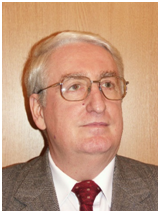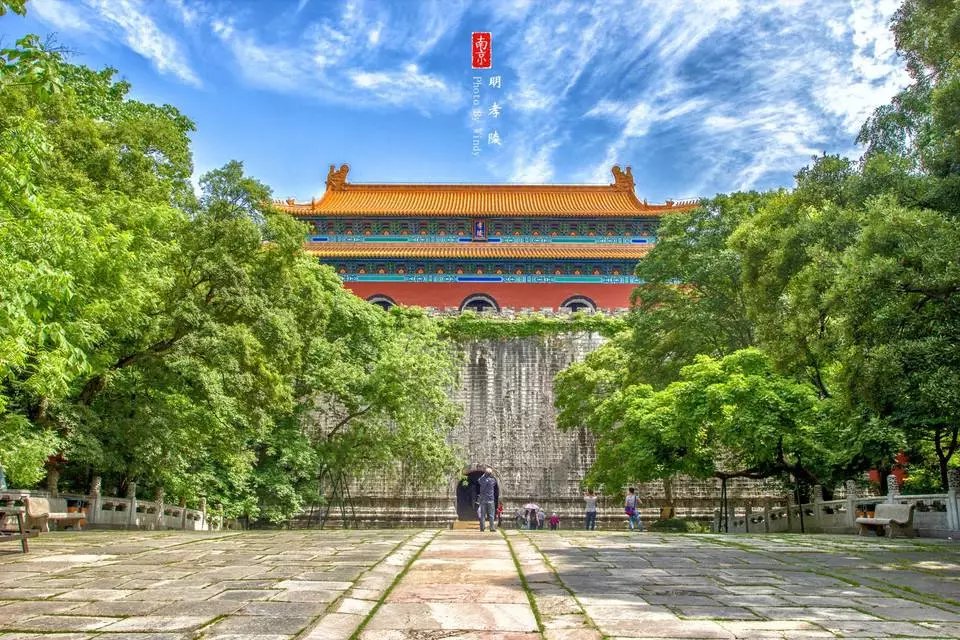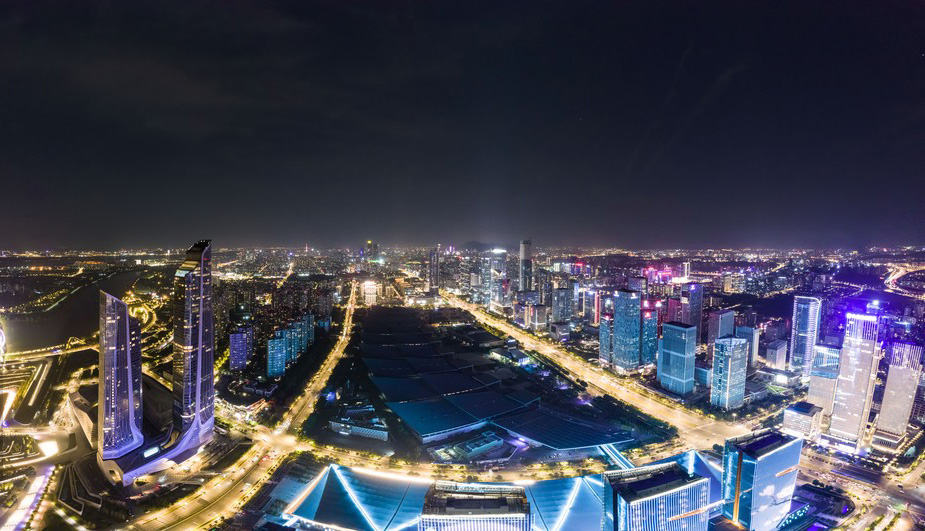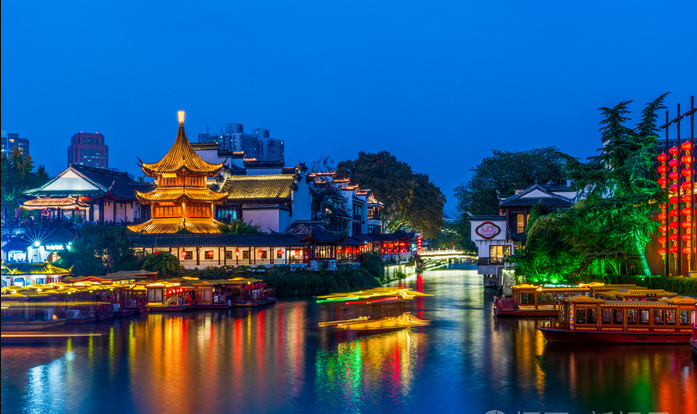
Prof. László KEVICZKY graduated at the Electrical Engineering Faculty of theTechnical University of Budapest (TUB) in 1968. He is the Member of theHungarian Academy of Sciences where he was the Secretary General, thenthe Vice-President. He is a Foreign Member of the Royal SwedishAcademy of Engineering Sciences and the Polish Academy of Sciences.He is professor of Department of Automation and Informatics at the TUBand professor of the Department of Informatics at the Széchenyi UniversityGyör. Research professor at the Institute of Computer Science and Control,Hungarian Academy of Sciences.His special fields of interest are system identification and parameterestimation, adaptive optimal control of industrial processes, computercontrolled systems, simulation and modeling, intelligent and expertcontrols, C3I (Control, Communication, Computation, Intelligence.)He had several positions within IFAC (TB chairman, Council member,Awards, Election and Policy Committee Chairman).

Prof. Dan D. MICU, received the degree in Electrical Engineering from the Technical University of Cluj-Napoca, Romania, in 1998 and the degree in Mathematics from the Babes-Bolyai University, Cluj-Napoca, Romania, in 2001. He received the MS degree and the PhD degree in Electrical Engineering from the Technical University of Cluj-Napoca, Romania, in 1999 and 2004, respectively. In the period 2000-2003 he was also with Vrije Universitiet Brussel, Belgium at Electrical Engineering Department. Between 2006 and 2010 he was RDI Project Manager at the Managerial Agency of Scientific Research, Innovation and Technological Transfer, Ministry of Education and Research, Bucharest. Since 1999 he has been with the Department of Electrical Engineering at Technical University of Cluj-Napoca, where he is currently Full Professor and Director of the Numerical Methods Research Center. He has authored and coauthored more than 200 scientific papers published in peer-reviewed journals and presented at international conferences.






Nanjing, a cradle of Chinese civilization and a modern innovation hub, offers the perfect blend for global academia. As home to 50+ universities and tech giants like Huawei and NVIDIA, the city thrives in AI, green energy, and biomedical research. Its UNESCO World Heritage Sites, including the Ming Xiaoling Mausoleum, coexist with futuristic innovation parks. Efficient metro links and world-class conference venues like Nanjing International Expo Hotel ensure seamless international engagement. Here, scholars debate in historic courtyards by day and witness neon-lit tech breakthroughs by night.


